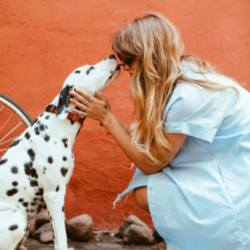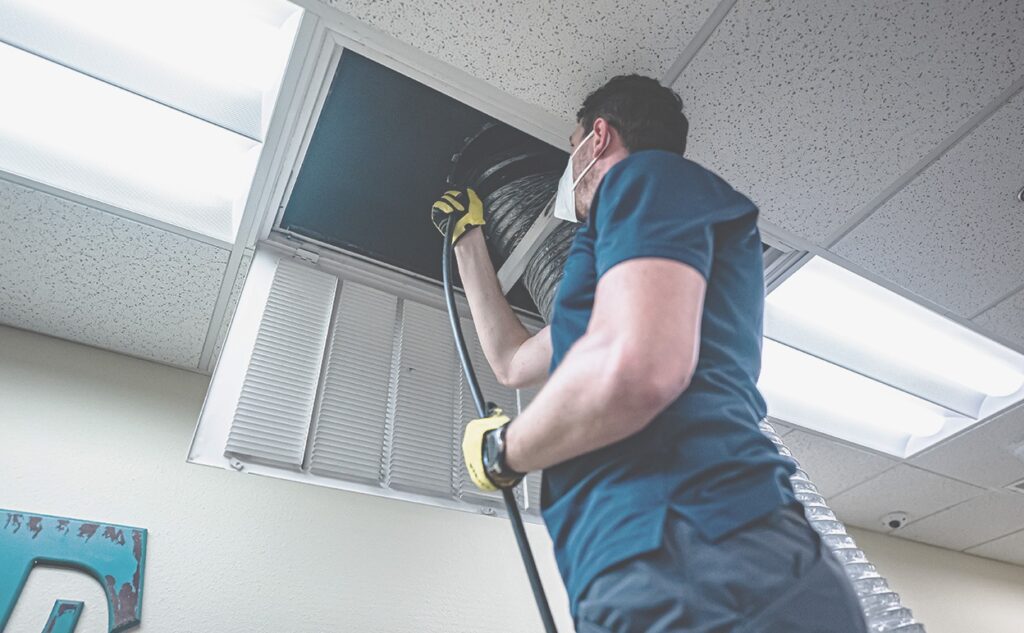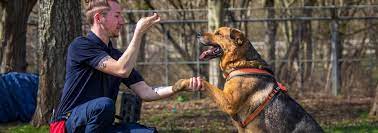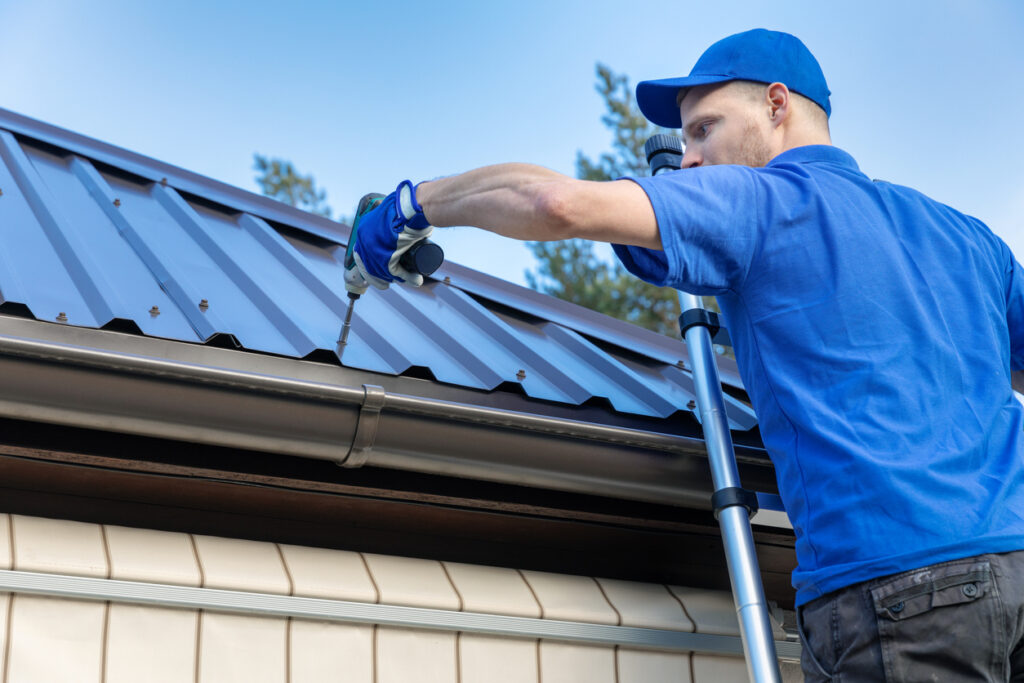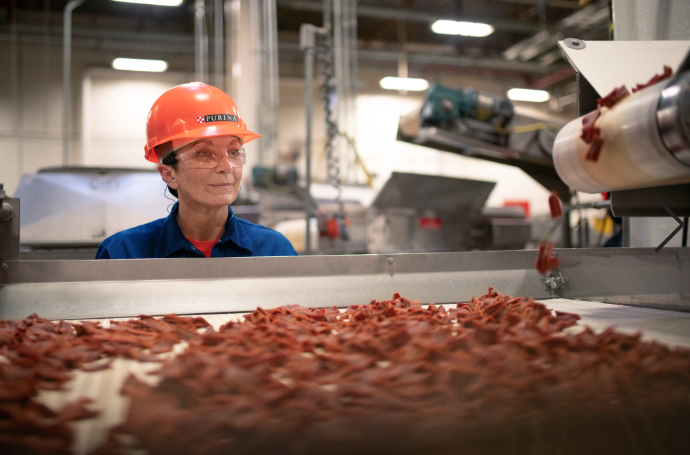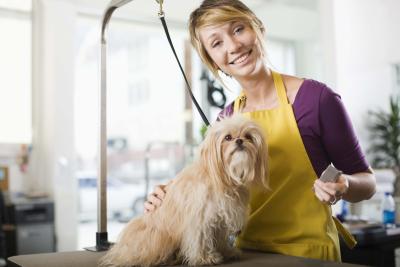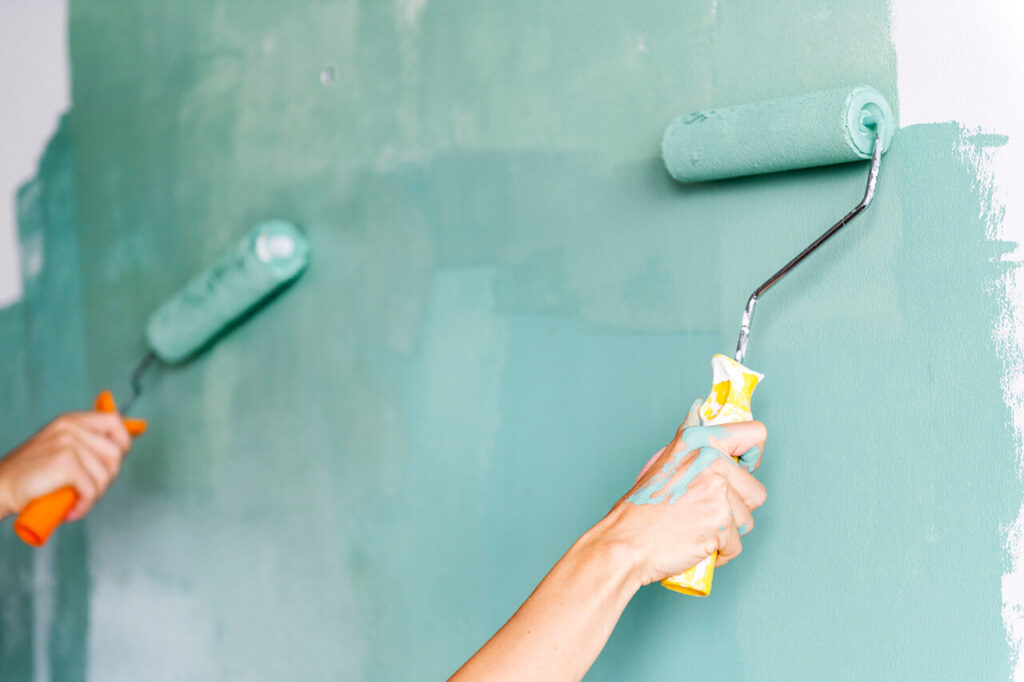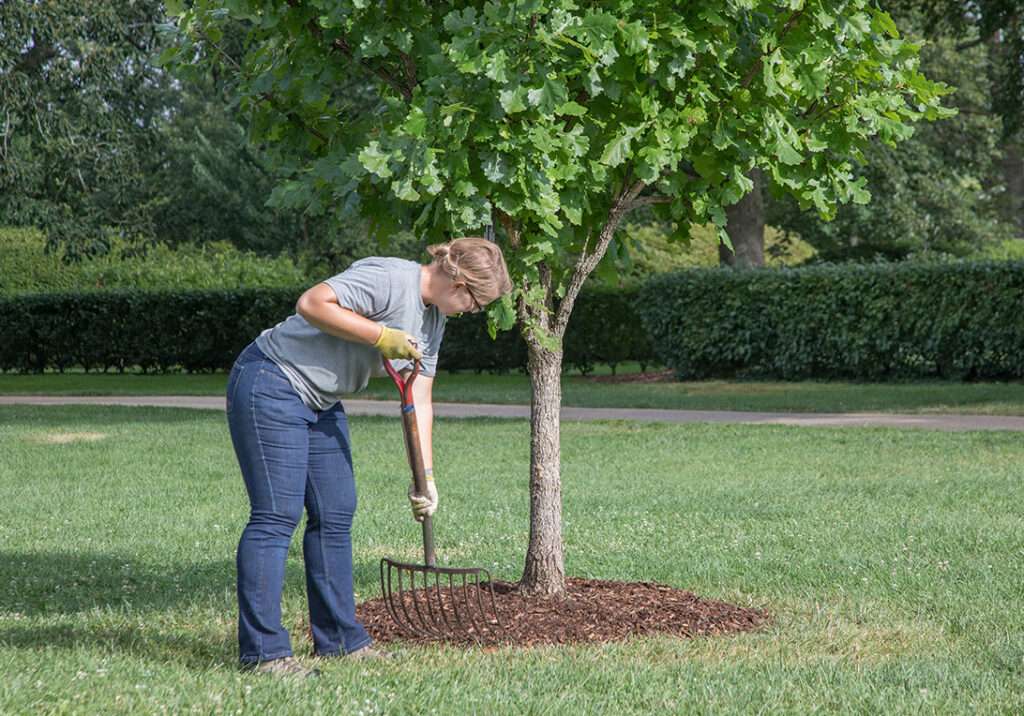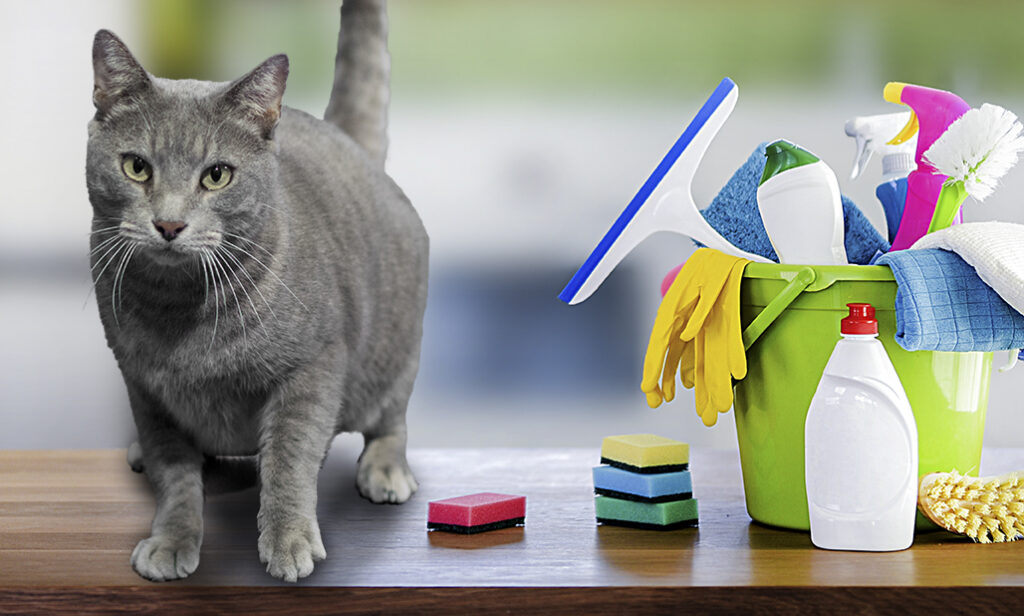
New York City is a bustling metropolis, known for its vibrant culture, diverse communities, and, of course, its love for pets. As a city that adores its furry, feathered, and scaly friends, pet stores in NYC play a crucial role in ensuring that the needs of our animal companions are met. However, maintaining a clean and hygienic environment in a pet store is no easy task, given the constant foot traffic of both humans and pets. In this article, we will explore the importance of NYC office cleaning for pet stores and when they might need these services.
The Daily Challenge of Pet Store Cleanliness
Pet stores in New York City face unique challenges when it comes to maintaining cleanliness. Let’s delve into some of the factors that make it essential for these businesses to invest in professional office cleaning services.
High Foot Traffic: NYC pet stores are often bustling with customers looking for pet supplies, animals to adopt, or pet grooming services. The high foot traffic can lead to dirt and debris being tracked into the store, making it essential to clean the space daily.
Animal Shedding: Pets in the store, from dogs to birds, shed hair and feathers, which can accumulate quickly and become a hygiene concern. Frequent cleaning is necessary to keep these issues in check.
Odor Control: Pets come with their own unique scents, and while most pet owners love their pets’ odors, an overpowering pet odor in a store can be a turnoff for customers. Proper cleaning helps in maintaining a fresh and inviting atmosphere.
Health and Hygiene: Pet stores must prioritize the health and well-being of the animals they house. Regular cleaning and sanitization are crucial to prevent the spread of diseases and maintain a safe environment for both pets and customers.
When to Seek NYC Office Cleaning Services
Now that we understand the daily challenges faced by pet stores in NYC, let’s explore when these businesses should consider professional office cleaning services.
Regular Maintenance: Routine cleaning is a must for pet stores. This involves daily tasks like sweeping, mopping, and dusting, as well as more in-depth cleaning on a weekly or monthly basis. Office cleaning services can provide a structured maintenance plan to keep the store consistently clean.
Seasonal Deep Cleaning: Just like any other business, pet stores should invest in seasonal deep cleaning. This includes tasks like carpet cleaning, window washing, and sanitizing surfaces to ensure the store remains in top condition.
After Pet Events: Pet stores often host events like adoption days, pet training sessions, and grooming appointments. After such events, the space can become messy, and it’s a good practice to have an office cleaning team come in to restore the store’s cleanliness.
Emergencies: Accidents happen in pet stores, such as pet mishaps or food spills. When these occur, professional office cleaning services can quickly address the situation, preventing stains and odors from setting in.
Renovation and Expansion: If a pet store is renovating or expanding, an office cleaning service can help prepare the space for construction or ensure that the new additions are clean and ready for use.
Benefits of Professional NYC Office Cleaning
Pet stores can reap a multitude of benefits from hiring professional office cleaning services in New York City.
Expertise: Office cleaning professionals have the knowledge, tools, and experience to handle the specific cleaning challenges that pet stores face. They can effectively remove pet hair, odor, and stains, ensuring a hygienic and attractive environment.
Time Savings: Pet store owners and employees can focus on their core responsibilities while leaving the cleaning to the experts. This allows for better use of time and resources.
Customer Satisfaction: A clean and fresh store is more likely to attract and retain customers. The first impression of cleanliness can make a significant difference in customer perception.
Health and Safety: Professional cleaning services use industry-standard equipment and cleaning agents to ensure that the store remains a safe and healthy place for both pets and people.
Extended Equipment Life: Regular cleaning can help extend the life of pet store equipment, such as aquariums, enclosures, and pet grooming tools, by preventing dirt and grime buildup.
Conclusion
Maintaining a clean and hygienic pet store in New York City is not just a matter of aesthetics; it’s crucial for the health and well-being of the pets and the satisfaction of customers. NYC office cleaning services provide the expertise and support that pet stores need to tackle the unique cleaning challenges they face.
Whether it’s daily maintenance, seasonal deep cleaning, addressing emergencies, or preparing for store expansions, professional office cleaning services play a vital role in ensuring that pet stores remain inviting and safe spaces for animals and their owners. By investing in office cleaning, pet store owners can focus on their core mission of providing top-notch care and products for the beloved pets of New York City.

